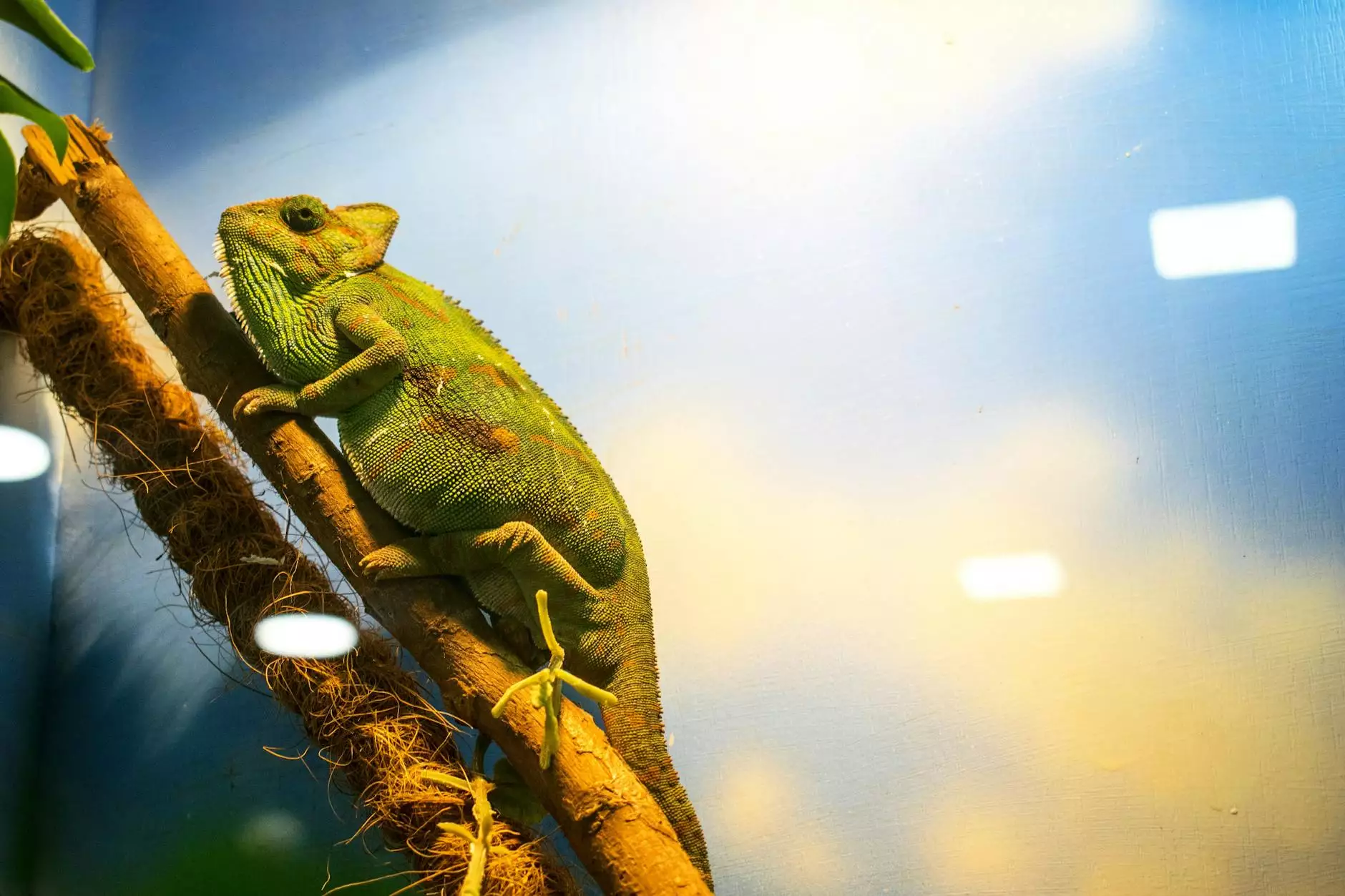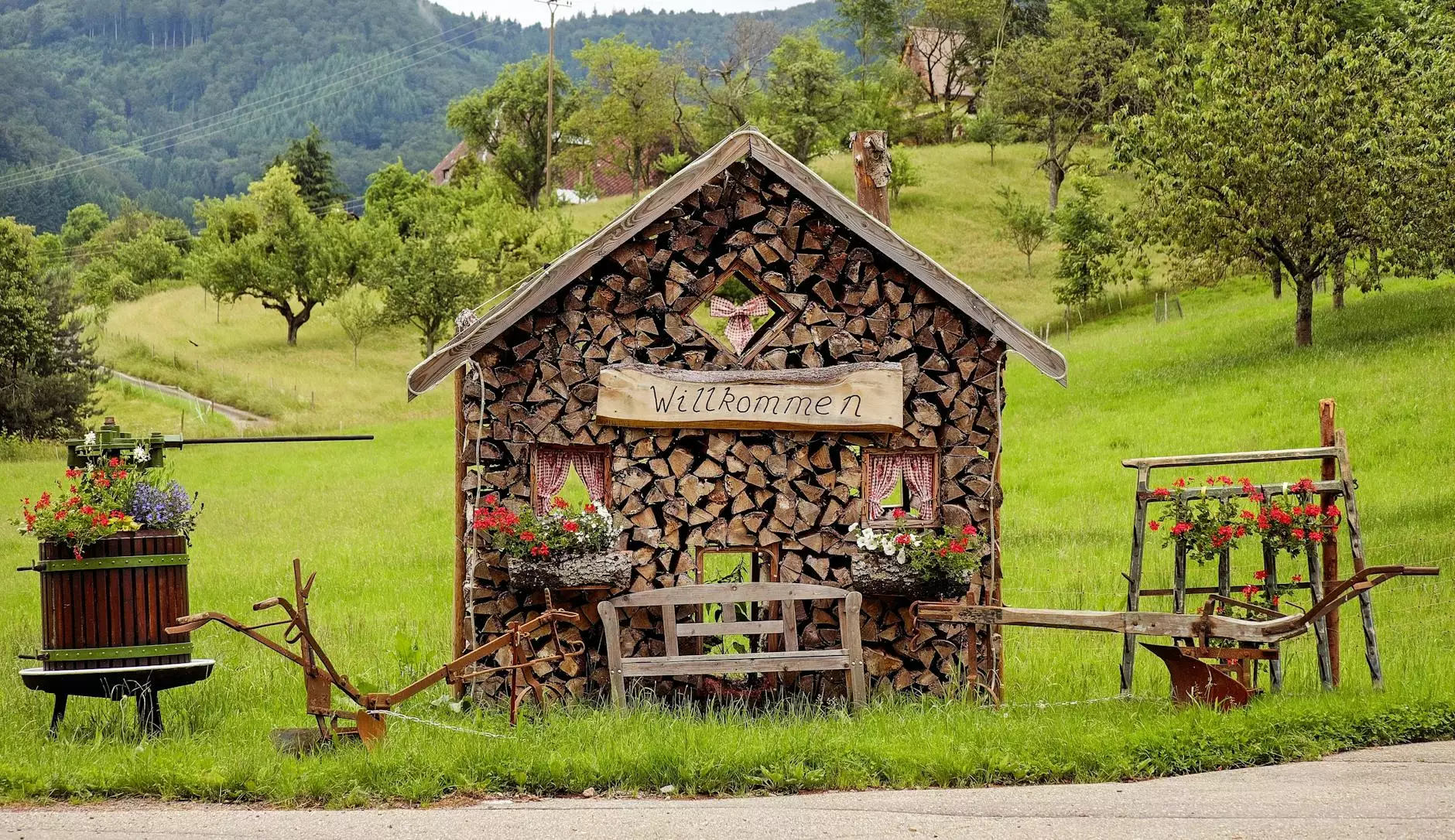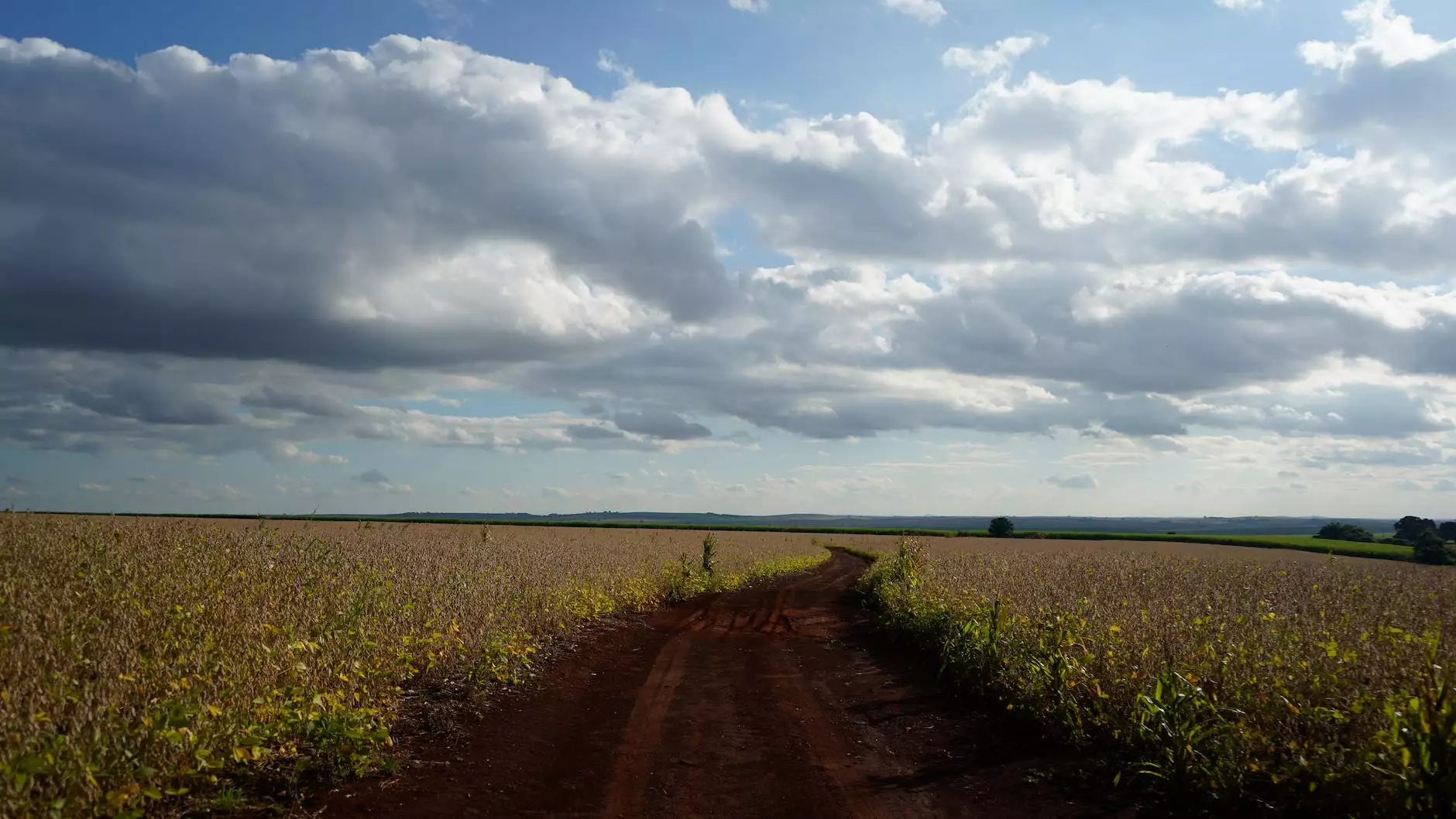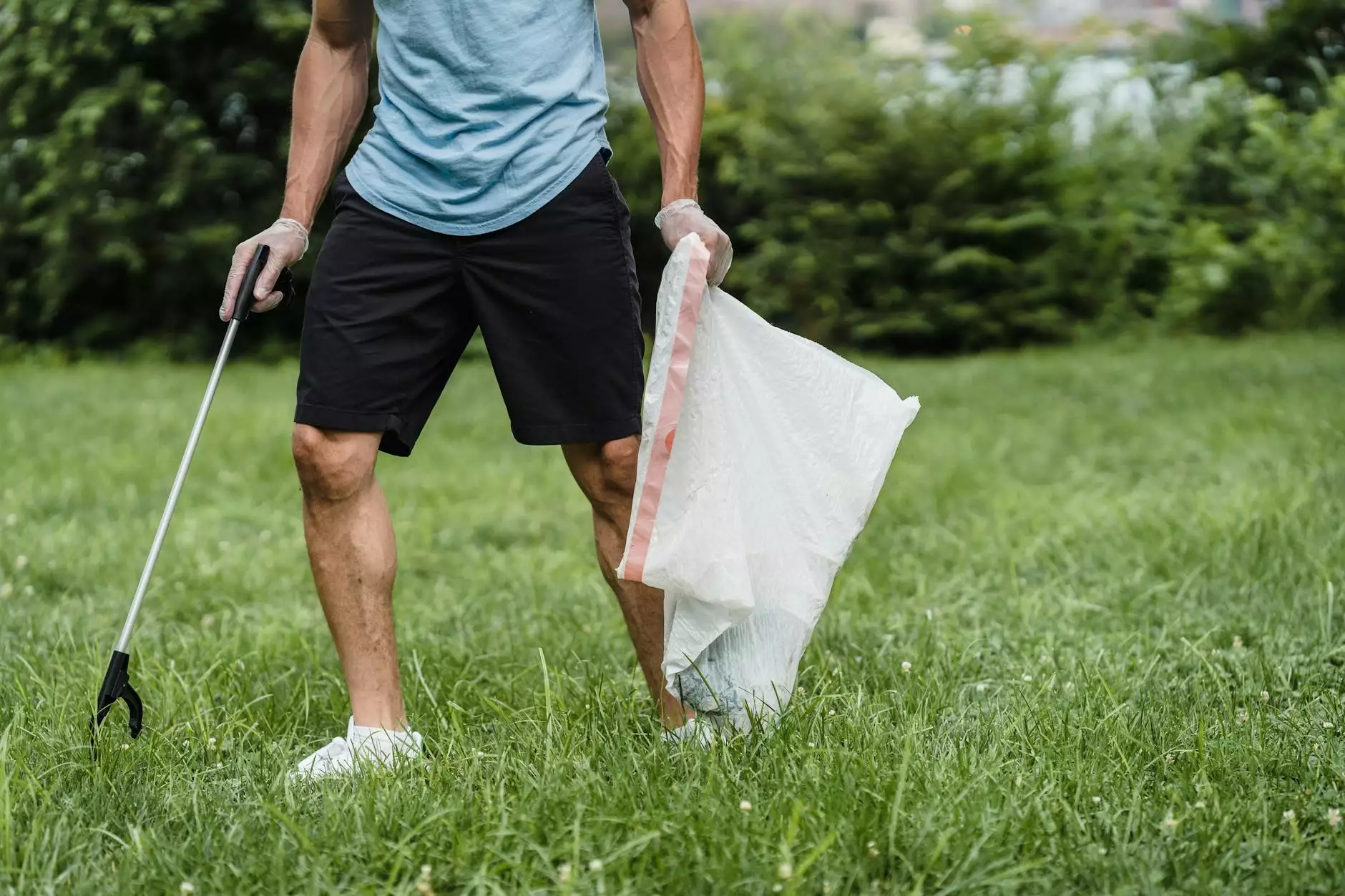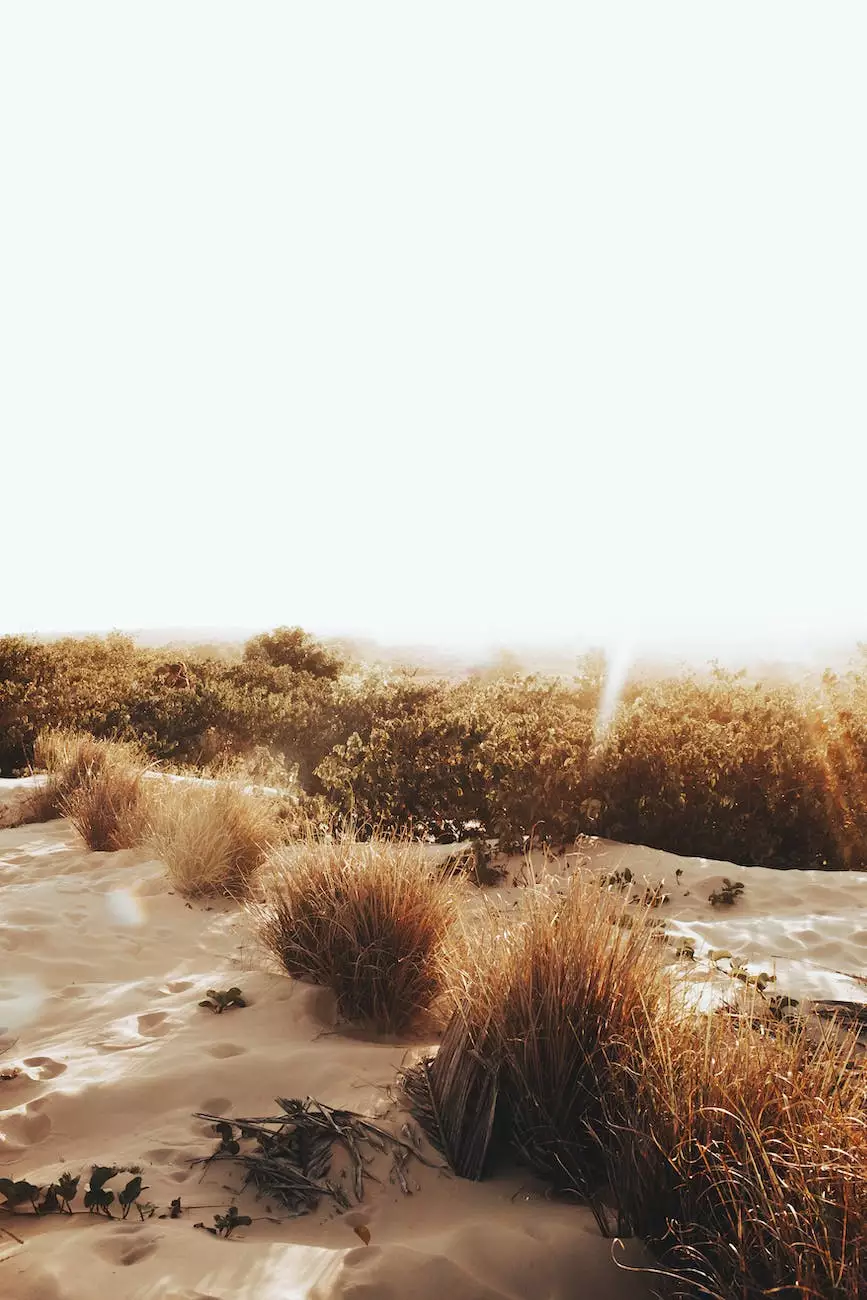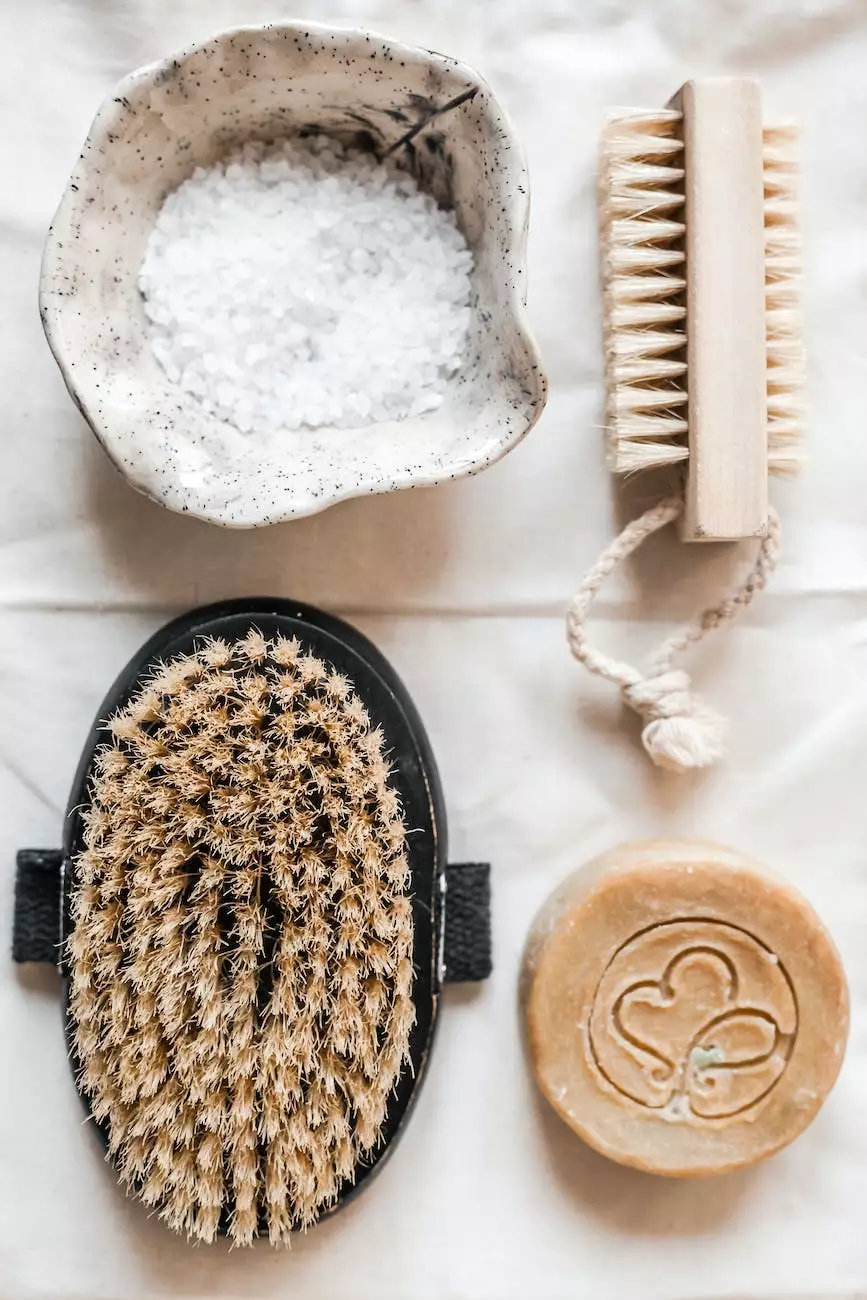What Can You Use Instead Of Mulch? (13 Best Alternatives)
Landscaping Ideas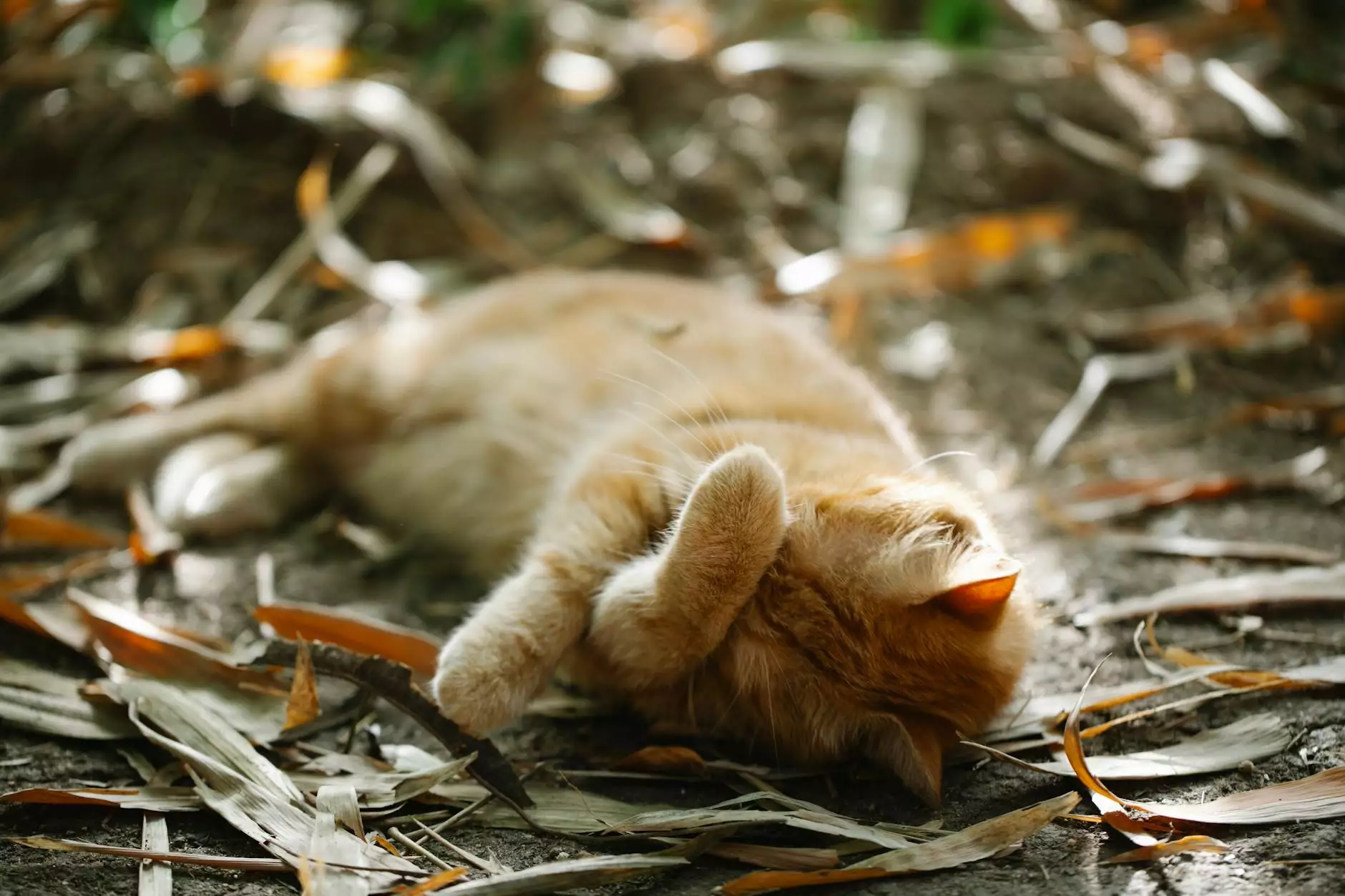
Welcome to Always Lovely Lawn Care's guide on finding the best alternatives to traditional mulch for your garden. Mulch is a popular landscaping material. However, there are various alternatives that can offer similar or even better benefits for your plants and soil. In this comprehensive guide, we will explore 13 fantastic options for you to choose from.
1. Pine Straw
Pine straw is an excellent organic mulch alternative, especially for acidic soil. It is made of fallen pine needles and performs exceptionally well in areas with pine trees. This natural material helps retain moisture, control weeds, and protect plant roots from extreme temperatures.
2. Wood Chips
Wood chips are a popular mulching option that adds aesthetic appeal to your garden. Available in various sizes and colors, wood chips not only suppress weed growth but also provide insulation, help retain moisture, and improve soil structure as they decompose. They are an eco-friendly option and can be sourced from local tree removal services or landscaping companies.
3. Shredded Leaves
As fall arrives, the abundance of fallen leaves can be repurposed as mulch. Shredding the leaves helps them break down faster, contributing essential nutrients to the soil. This natural mulch helps conserve moisture, promote a healthy soil ecosystem, and reduce weed growth.
4. Grass Clippings
If you regularly mow your lawn, don't let those grass clippings go to waste! They can be used as a convenient and readily available mulch alternative. Grass clippings help retain moisture, deter weed growth, and provide a source of nitrogen for your plants. Just make sure you don't use grass clippings treated with pesticides or herbicides.
5. Newspaper
Don't toss those old newspapers into the recycling bin just yet! Newspaper can be an effective mulching material. Layering newspaper around your plants helps suppress weeds, conserve moisture, and regulate soil temperature. Make sure to wet the newspaper before applying it to prevent it from blowing away.
6. Straw
Straw is another commonly used mulching material that is widely available. It acts as a protective layer, preventing weed growth and minimizing soil erosion. Straw is particularly useful for vegetable gardens as it keeps the produce clean and minimizes direct contact with the soil.
7. Compost
If you have a compost pile, why not use it as mulch? Compost is rich in nutrients, enhances soil structure, and promotes the growth of beneficial microorganisms. It helps retain moisture in the soil, reduces the need for synthetic fertilizers, and adds organic matter to enrich your garden.
8. Cocoa Hulls
Cocoa hulls are an aesthetically pleasing and aromatic mulching alternative. They not only suppress weed growth but also break down gradually, releasing nutrients into the soil. However, keep in mind that cocoa hulls can be toxic to pets if ingested, so it is essential to use caution if you have furry friends roaming in your garden.
9. Rubber Mulch
For an eco-friendly and long-lasting option, consider using rubber mulch made from recycled tires. Rubber mulch offers exceptional weed control, excellent insulation, and does not decompose over time. It is a great choice for playgrounds, pathways, or areas where you want low-maintenance landscaping.
10. Gravel
If you prefer a low-maintenance and durable mulching option, gravel is a fantastic choice. It helps retain heat, allows good drainage, and keeps weeds at bay. Gravel mulch is suitable for areas that require minimal plant growth, such as rock gardens or around potted plants.
11. Seashells
If you live near the coast or have access to seashells, they can be a unique and visually appealing mulching alternative. Shells provide excellent drainage and help regulate soil pH levels due to their alkaline nature. Additionally, seashells can deter certain pests from your garden.
12. Biosolids
Biosolids, produced during the wastewater treatment process, can be a beneficial organic mulching option. They are rich in nutrients, improve soil fertility, and promote healthy plant growth. However, make sure to obtain biosolids from a reputable source and follow any local regulations for its application.
13. Coco Coir
Coco coir, derived from coconut husks, is a sustainable mulching material that offers various benefits. It retains moisture well, helps prevent weed growth, and improves soil aeration and drainage. Coco coir is an excellent choice for both indoor and outdoor gardens.
The Best Mulch Alternative for Your Garden
Now that you know the 13 best alternatives to traditional mulch, you can choose the option that best suits your garden's needs. Experimenting with different mulching materials can help you find the perfect solution for improving soil health, conserving moisture, and enhancing the overall aesthetics of your outdoor space. Always Lovely Lawn Care is here to assist you in making your garden a delightful and thriving oasis.
Remember to assess your garden's specific requirements, such as soil type, moisture level, and plant types, before selecting a mulching material. Consider factors like availability, cost, and sustainability to make an informed decision. By using suitable alternatives to mulch, you can maintain a beautiful and healthy garden while promoting eco-friendly practices.
Always Lovely Lawn Care specializes in providing expert guidance and services for all your home and garden needs. Our team of professionals is ready to assist you in creating and maintaining a vibrant and well-cared-for outdoor space. Contact us today for personalized advice and assistance with your gardening endeavors.


